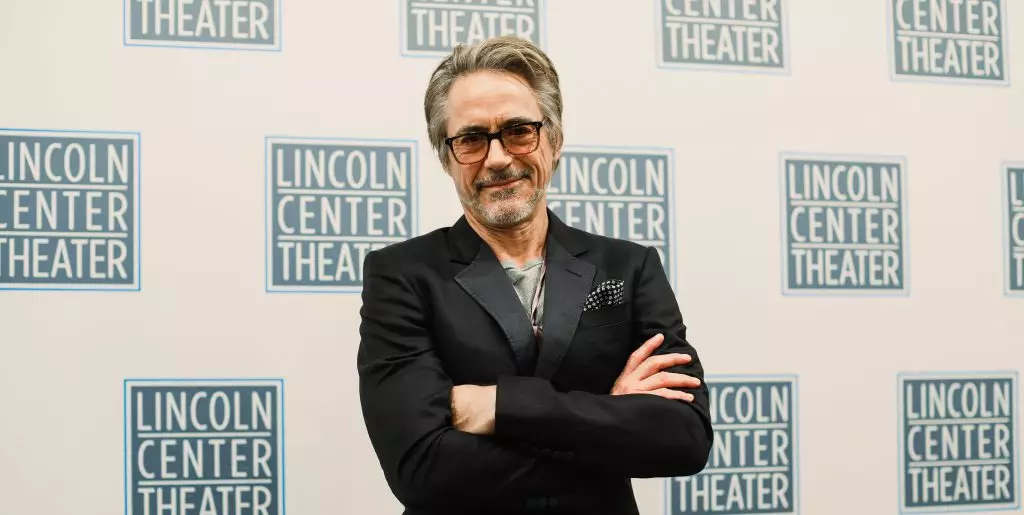As technology continues to advance at a breathtaking pace, the entertainment industry finds itself grappling with complex ethical questions, particularly regarding the use of artificial intelligence (AI) to replicate the likeness of beloved actors. One voice in this debate is that of Robert Downey Jr., a celebrated actor known not just for his iconic role as Tony Stark in the Marvel Cinematic Universe but also for his thought-provoking commentary on current issues. Recently, Downey expressed strong reservations about the practice of using generative AI to resurrect characters like Tony Stark, delivering both a warning and a glimpse into his own philosophy regarding technology and morality in an episode of the podcast “On With Kara Swisher.”
During the podcast, Downey emphasized the profound emotional implications surrounding the use of AI to recreate human likenesses. He articulated that there are two tracks to consider when discussing such technology: an emotional life that should not be overshadowed by artificial mockeries and a minimalistic perspective on the digital landscape. This duality encapsulates a larger concern about the disconnect between real human experiences and the artificially generated narratives that technology can produce. Downey’s sentiment reflects a broader anxiety among artists and creators who fear that their emotional authenticity may be commodified and manipulated by future executives with profit-driven motives.
Moreover, he noted his confidence in the current decision-makers at Marvel Studios, suggesting that they would never exploit his persona without his consent. However, his prediction of possible future mishaps speaks to a world increasingly dominated by new leadership that may not uphold the same ethical standards. By claiming he would “sue all future executives just on spec,” Downey underscored the absurdity and unpredictability of a future where one’s likeness could be objectified without regard to the person behind it.
This warning is significant in the context of ongoing discussions about the legal ramifications of AI and deepfake technologies. As AI-generated content becomes more pervasive, the potential for misuse escalates, raising questions about the rights of individuals over their digital personas. Downey’s contemplative stance encourages both industry leaders and lawmakers to engage with these issues earnestly, ensuring that robust legal frameworks accompany emerging technologies. His humorously framed notion of sending lawyers after future executives signifies a deeper concern: that the entertainment industry must strike a balance between innovation and the protection of individual rights.
Interestingly, Downey’s relationship with AI extends beyond caution; he expressed a nuanced curiosity about the technology’s potential impact. Emphasizing the importance of understanding the people behind the innovation, he raised critical questions about moral psychology and ethical utilization. Rather than shunning AI entirely, his approach reflects a willingness to engage and learn—a sentiment that contrasts sharply with the fear that often surrounds technological advancements. Downey’s investment in ethical AI companies suggests a commitment to fostering an environment where technology can enhance rather than exploit.
Currently, Robert Downey Jr. is starring in the theater production “McNeal,” where he plays a Nobel Prize-winning novelist who employs AI in his creative process. This role challenges audiences to reflect on the intersection of human creativity and artificial intelligence in a practical context. Despite mixed reviews for the production, Downey’s performance showcases his adaptability as an artist, willing to confront contemporary issues head-on.
As the entertainment industry evolves, the implications of AI on narrative construction and character representation remain ripe for exploration. With figures like Downey leading the conversation, it is possible to envision a future where technological advancements complement rather than compromise the integrity of creative expression.
As we delve deeper into the age of artificial intelligence, the conversation surrounding its ethical implications continues to gain momentum. Robert Downey Jr.’s articulate stance against the misuse of AI serves as a call to artists, producers, and consumers alike to advocate for responsible practices in technology. Emphasizing emotional authenticity, legal considerations, and ethical engagement, he invites us to reflect on the implications of our choices in a rapidly evolving digital world. Through continuous dialogue and vigilant oversight, we can navigate the complexities posed by AI, ensuring that it serves humanity rather than supplants it.

Leave a Reply